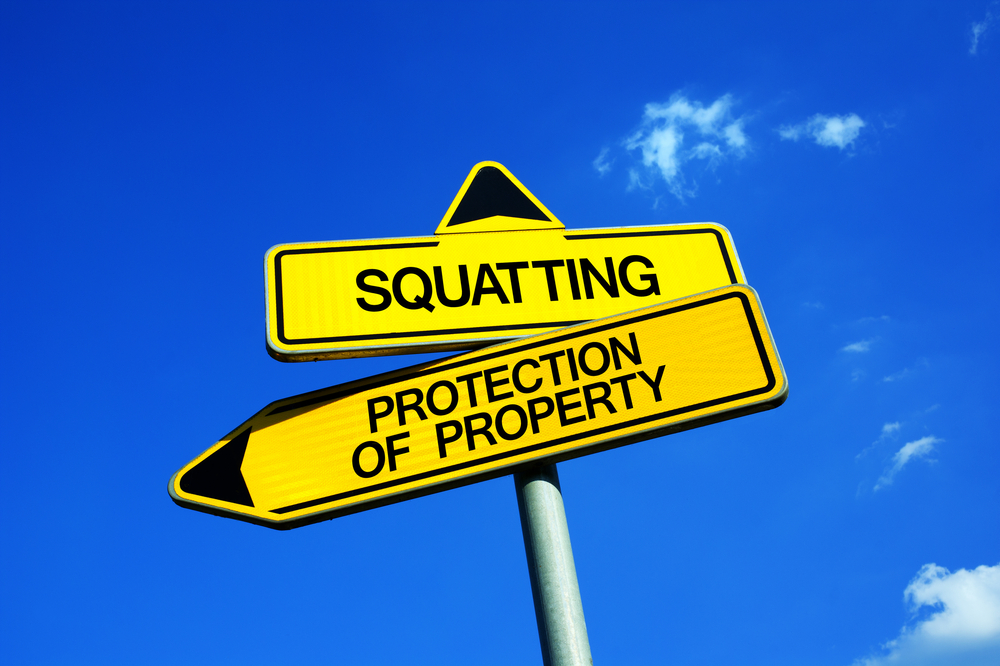How to stop adverse possession in the UK

How to stop adverse possession in the UK
Adverse possession, often referred to as squatter’s rights, is a legal concept that allows individuals to gain ownership of someone else’s property through continuous possession over a specified period of time.
In the UK, adverse possession has been a topic of debate due to its potential for unfairness and the challenges it poses to property owners. However, there are legal measures and precautions that can be taken to prevent adverse possession from occurring and to protect your property rights.
Understanding the legal framework surrounding adverse possession is crucial for property owners and potential claimants alike. By gaining insight into the relevant laws, timeframes, and procedural requirements, you can effectively navigate this complex area of property law and take proactive measures to protect your land.
What is adverse possession in the UK?
Adverse possession is a legal principle that allows individuals to acquire ownership of someone else’s land or property by occupying and possessing it for a continuous period of time.
Also known as squatter’s rights, adverse possession can occur when someone who is not the legal owner of the land or property occupies it without permission and openly treats it as their own.
In the UK, the person seeking adverse possession must fulfil certain requirements, including a minimum period of continuous occupation, usually 10 or 12 years, and proving their possession was without the owner’s consent.
If these criteria are met, the person may apply to the Land Registry to be registered as the legal owner.
Adverse possession has generated debates surrounding property rights and fairness, leading to reforms in recent years to provide greater protection for property owners.
How long does someone need to occupy my property before they can claim adverse possession?
The length of time someone needs to occupy your property before they can claim adverse possession varies depending on the circumstances. Generally, the minimum period of continuous occupation required is 10 or 12 years.
Additionally, it’s worth mentioning that the rules for adverse possession underwent significant changes in 2003 with the implementation of the Land Registration Act. These changes made it more challenging for squatters to acquire ownership through adverse possession and provided increased protection for property owners.
To protect your property rights, it is advisable to be vigilant and take prompt action if you become aware of any unauthorised occupation or potential adverse possession. Seeking legal advice from a solicitor or legal professional can help you understand your rights and take appropriate measures to prevent adverse possession from occurring.
Can adverse possession occur if the property owner is unaware of the occupation?
Adverse possession can occur even if the property owner is unaware of the occupation. Adverse possession is primarily based on the adverse possessor’s actions and fulfilment of specific legal requirements, rather than the property owner’s knowledge or awareness.
It is, therefore, advisable for property owners to remain vigilant, take prompt action upon discovering unauthorised occupation, and seek legal advice to protect their property rights.
How do you stop adverse possession?
To stop adverse possession and protect your property rights, several proactive steps can be taken:
- Regular inspections: Regularly inspect your property to identify any signs of unauthorised occupation or encroachment. Promptly address and take legal action against any trespassers.
- Secure your property: Implement physical measures such as fences, gates, and signage to establish clear boundaries and deter unauthorised entry.
- Communication and documentation: Maintain clear communication with neighbours and tenants, making them aware of the boundaries and ensuring they respect your property rights. Keep detailed records and documentation of ownership, occupancy, and any interactions related to your property.
- Monitoring and response: Utilise security systems, CCTV cameras, or property management services to monitor and promptly respond to any unauthorised activities or attempts at adverse possession.
- Legal action: Consult with a solicitor or legal professional for advice on legal remedies available to prevent adverse possession, such as issuing warnings, notices, or pursuing injunctions to protect your property.
By being proactive and seeking legal guidance, you can minimise the risk of adverse possession and safeguard your property rights.
How our solicitors can support with adverse possession
At IBB Law, our solicitors are highly experienced in handling adverse possession cases and can provide comprehensive support throughout the process. We offer pre-action advice, which includes assessing the merits of a claim and providing guidance on the evidence required to support or defend a claim for adverse possession. We understand the importance of strong evidence in such cases, and our solicitors can assist in gathering and organising the necessary documentation and witness statements to strengthen your position.
For property owners, we focus on securing possession. We can advise on protective measures to prevent adverse possession, such as regular inspections, securing boundaries, and taking legal action against trespassers. Our solicitors are skilled in representing property owners in court, seeking orders for possession and declarations to protect your rights.
Additionally, we have extensive experience in pursuing adverse possession applications for squatters. We can guide you through the process, ensuring that all statutory requirements are met and presenting a strong case for adverse possession.
With our expertise in adverse possession, our solicitors are dedicated to providing tailored support and advocating for your rights, whether you are a property owner seeking to protect your land or a squatter pursuing adverse possession.
Contact our experienced Property Dispute Solicitors to discuss your claim
To discuss your adverse possession dispute please contact Anna Gora on 01895 207203 or email her at anna.gora@ibblaw.co.uk, alternatively do fill out the enquiry form at the top of this page and a member of the team will get back to you.
Please note: our legal team are unable to provide legal advice without charge. We will provide you with a pricing proposal at the outset and we usually require monies on account before commencing work.”
